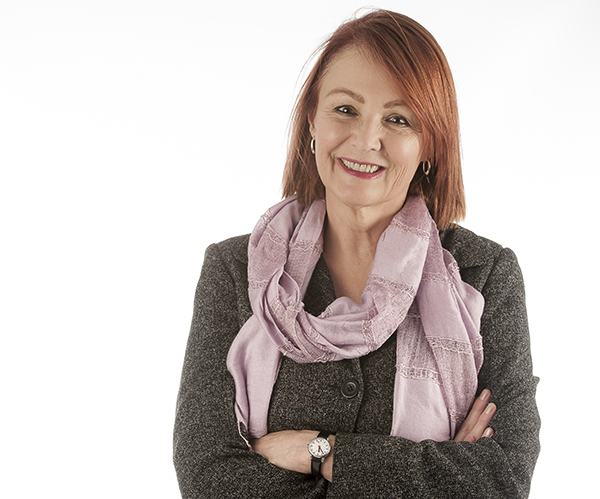Latest News Archive
Please select Category, Year, and then Month to display items
12 May 2023
|
Story Mbali Moiketsi
|
Photo iStock

Visiting universities and learning more about them is an essential part of prospective students’ journey into higher education. The University of the Free State (UFS) has launched the Kovsie-Connect Virtual Experience.
This is an initiative of the Student Recruitment Services in partnership with the Office for International Affairs to give the modern-day prospective student an experience of what the University of the Free State can offer. The Kovsie-Connect Virtual Experience is an interactive online platform that allows prospective students to engage and learn more about the UFS from the comfort of their own homes.
The Virtual Experience is tailor-made for local and international prospective students with the aim of providing an overview of academic offerings, facilities, and student life through a series of online documents, pre-recorded videos, and virtual tours.
The virtual format allows for easy accessibility and convenience, as potential students can attend the event from anywhere in the world without the need for travel. This experience aims to provide students with the information they need to make an informed decision and Choose the UFS!
 Click here to access the tour
Click here to access the tour.
Research chair into Higher Education gets boost for five more years
2017-11-21

Prof Melanie Walker, Director of the Centre for Research on
Higher Education and Development (CRHED).
Photo: Supplied
The research Chair in Higher Education and Human Development within the Centre for Research on Higher Education and Development (CRHED) at the University of the Free State has secured funding for another five years. It follows a favourable evaluation by the South African Research Chairs Initiative (SARChI) of the research project at the UFS.
The Director of the Centre, Prof Melanie Walker, says she is delighted by the recognition of the Chair's hard work and significant productivity. “This new round of funding secures the centre and its activities for the next five years.”
Under the auspices of the Chair, research is conducted on higher education, inequalities and social justice, and how or if universities foster the human capabilities and aspirations of students. In essence, the research studies whether higher education makes a difference to the lives of students, their families and communities. Prof Walker says the Chair's projects look at issues of access, participation and transitions into work, as well as gender, race and social class. The research uses quantitative and qualitative methods and includes a strand of participatory research projects with students.
Prof Walker says through the Chair research project, and the Centre, researchers have developed extensive international links and produced international quality research and publications. “We foster high-quality PhD graduates as a new generation of social science academics.” The Chair has in the first five years produced 10 PhDs and four master’s students.
The project in the next five years will continue with its focus on higher education and human development research. Prof Walker says all the research efforts seek to contribute to more justice in society and universities and to contribute to debates, policy and practices in higher education and a scholarly knowledge base.
The Research Chairs Initiative aims to improve the research capacity at public universities to produce high-quality postgraduate students, research and innovative outputs. The assessors looked at features such as the number of students the research entity had trained and how many publications the research team had produced.